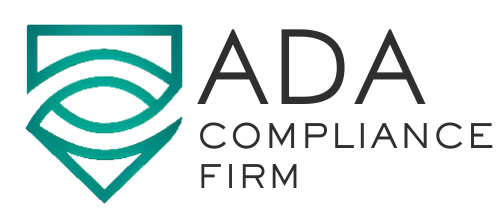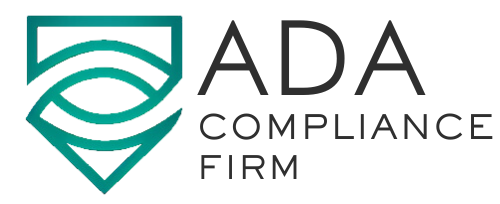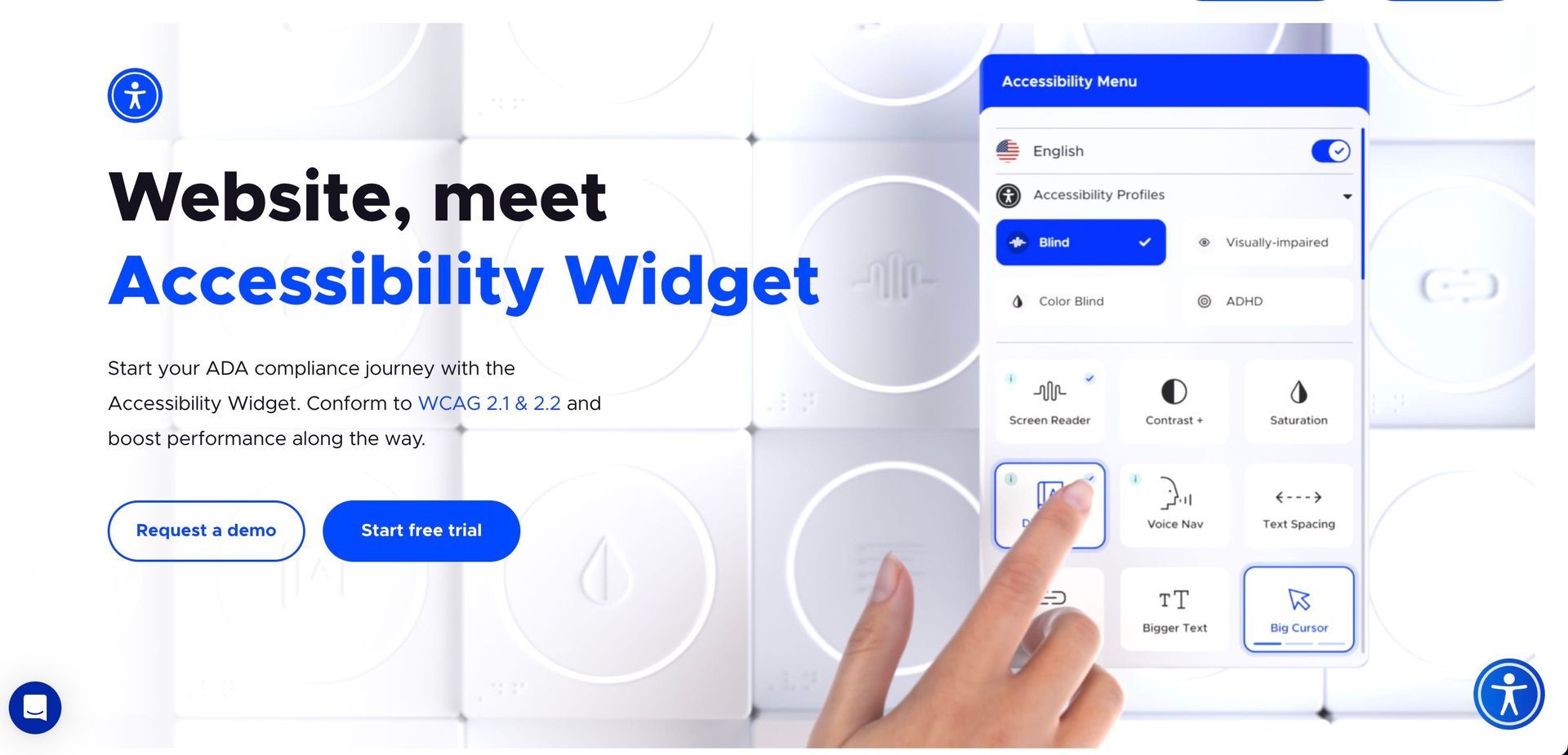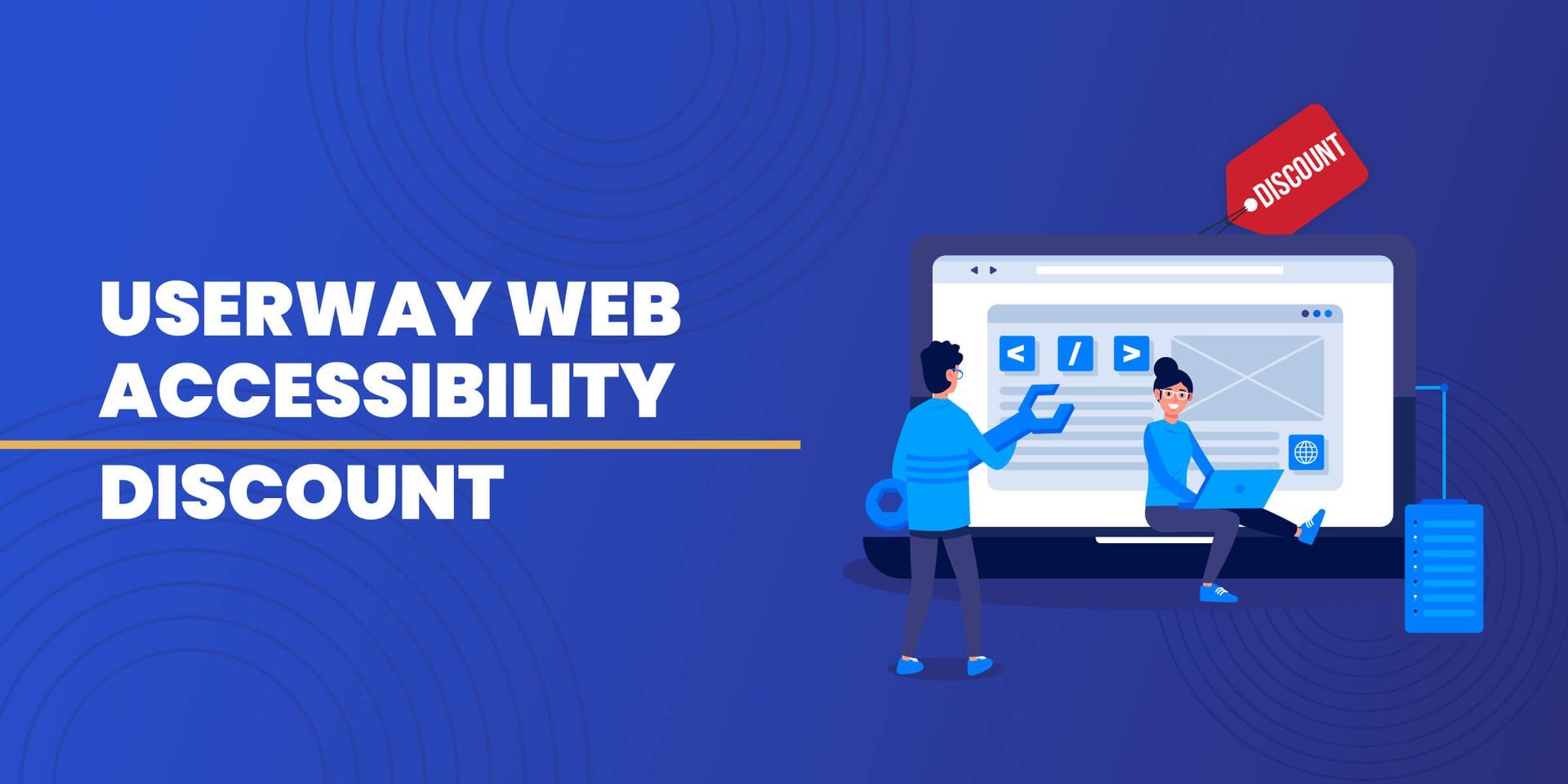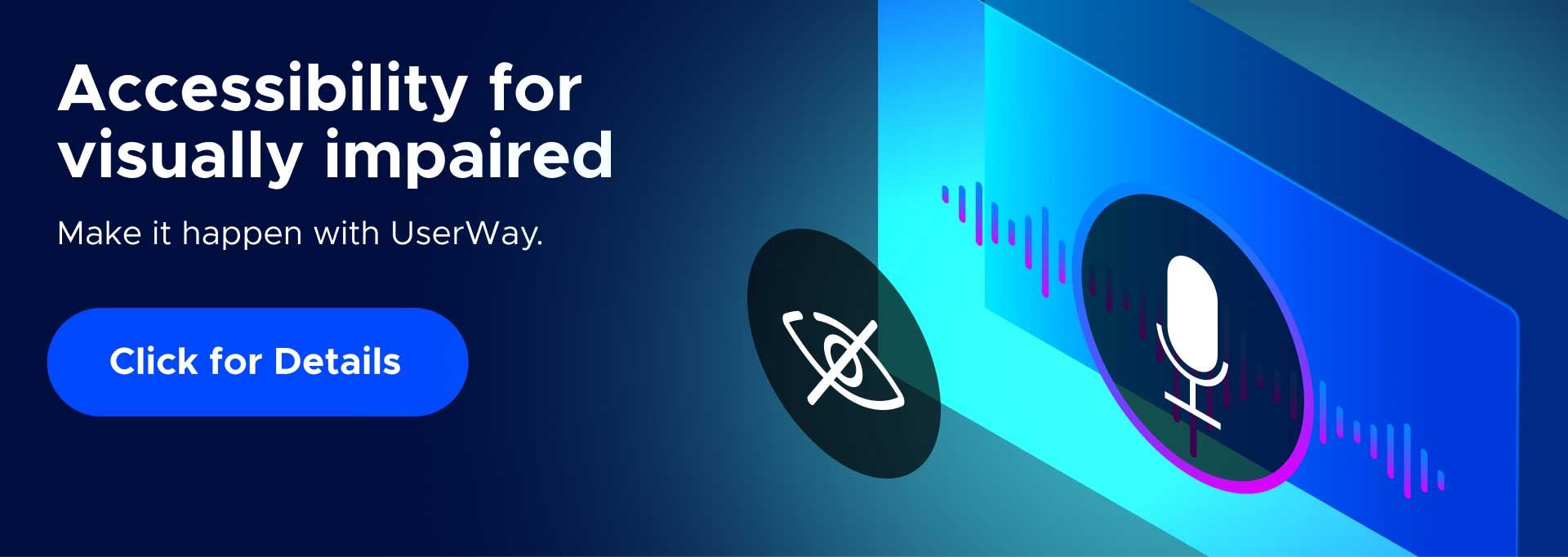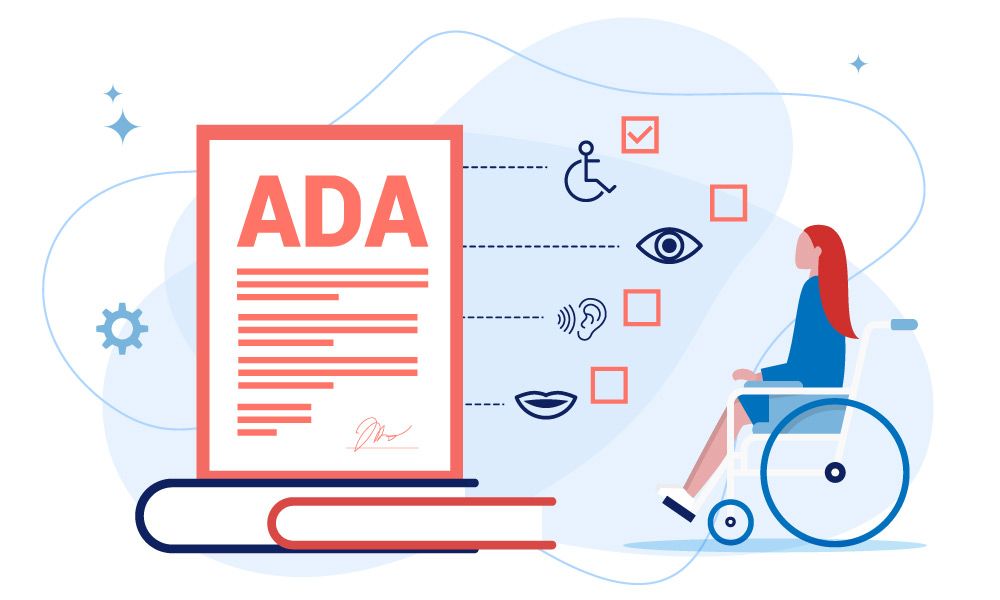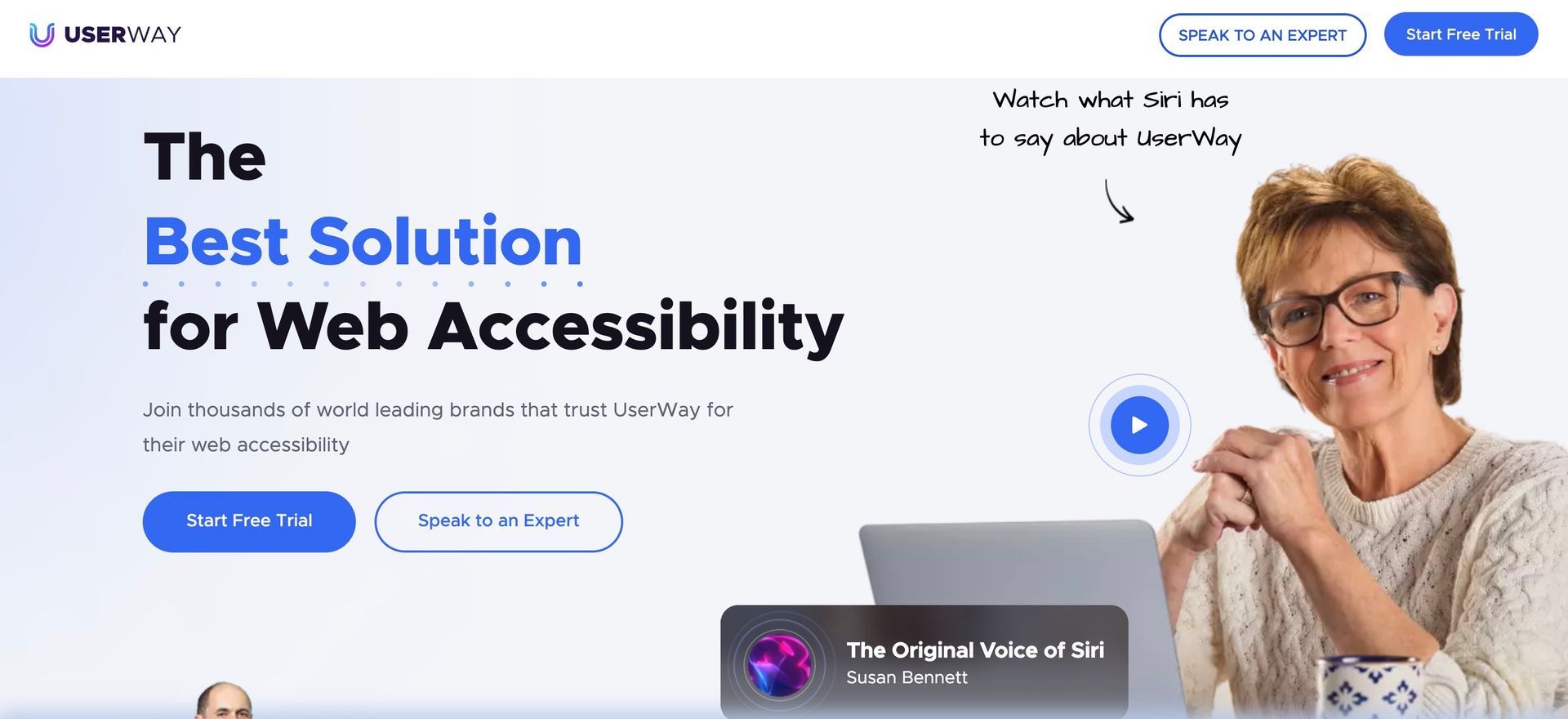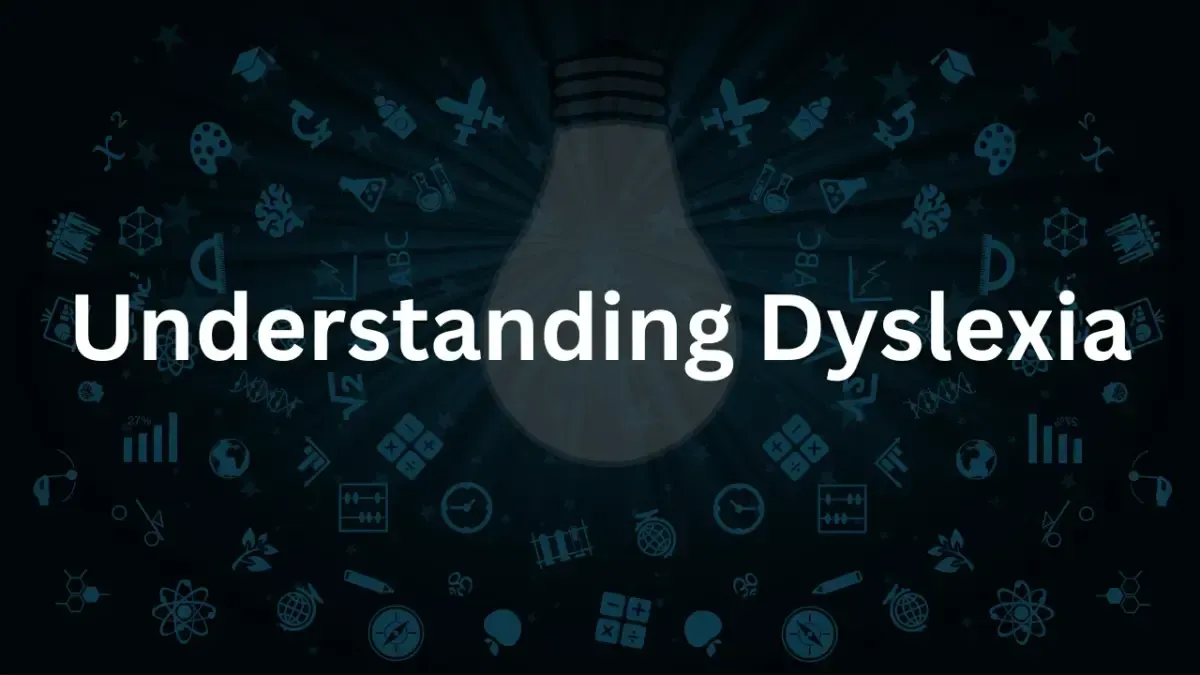What is Digital Accessibility and Why is it Important?
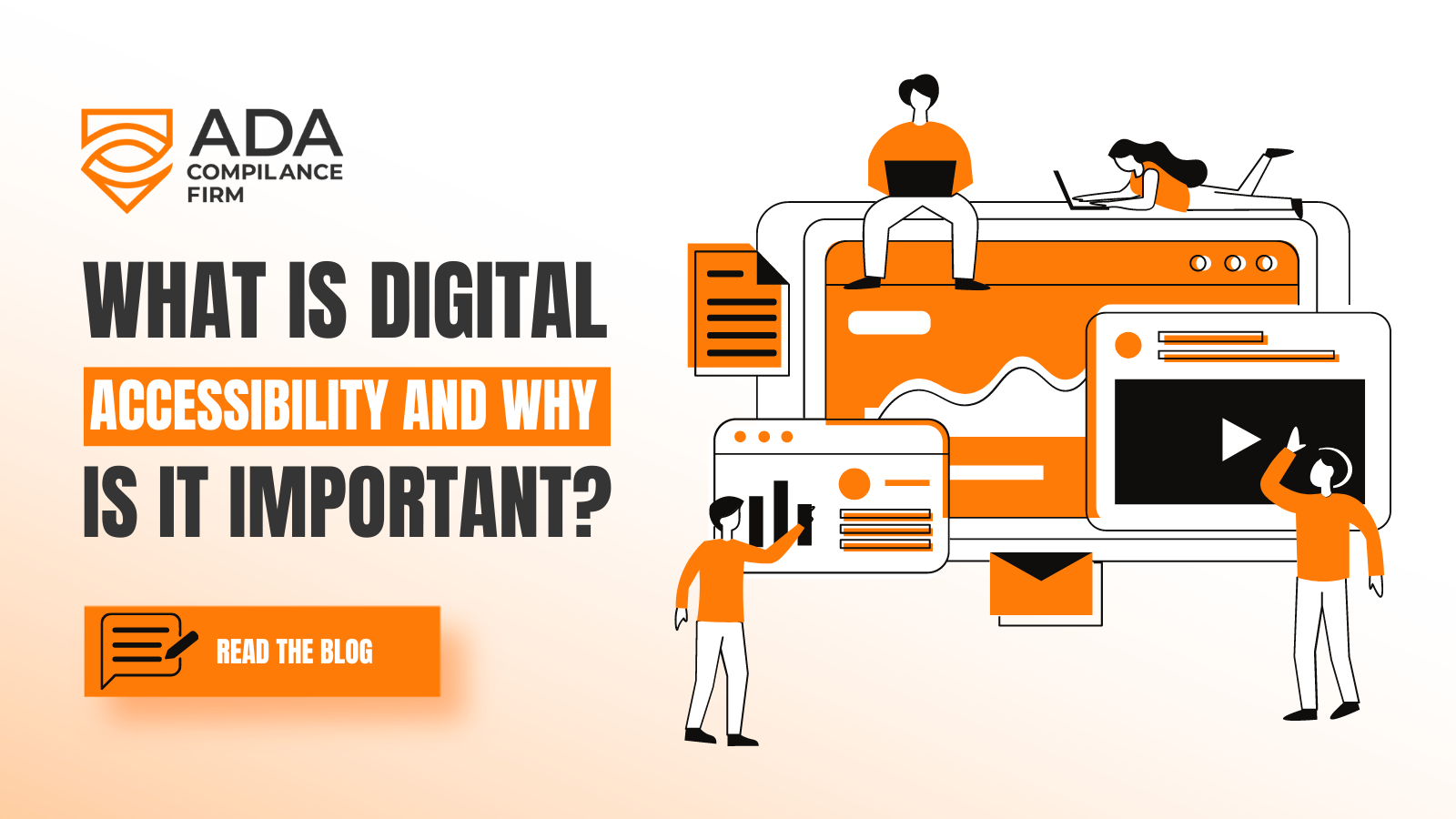
What is Digital Accessibility and Why is it Important?
Digital accessibility refers to the practice of making websites, software, and other digital content and technologies accessible to people with disabilities. This includes ensuring that these technologies can be used by people with visual, auditory, cognitive, and motor impairments, and that they are compatible with assistive technologies such as screen readers and braille displays.
Why is digital accessibility important?
There are a number of reasons why digital accessibility is crucial:
- Legal considerations: In many countries, digital accessibility is required by law. For example, in the US, the Americans with Disabilities Act (ADA) requires that websites and online services operated by public entities and private companies with at least 15 employees be accessible to people with disabilities. In the EU, the Web Accessibility Directive requires that public sector websites and mobile apps be accessible. Failing to meet these legal requirements can result in significant financial penalties and damages.
- Ethical considerations: Digital accessibility is not just a legal requirement, but also an ethical one. Ensuring that websites and other digital content and technologies are accessible to people with disabilities is the right thing to do, as it allows these individuals to fully participate in society and access the same information and opportunities as everyone else.
- Business benefits: Making websites and other digital content and technologies accessible can also have significant business benefits. Accessible websites are often easier to use and navigate for all users, not just those with disabilities. This can lead to increased customer satisfaction and loyalty, as well as increased sales. In addition, making websites and other digital content and technologies accessible can also reduce legal risk, as it can help to avoid digital accessibility lawsuits.
Ethical Considerations of Digital Accessibility
- Equal access to information and opportunities: Digital technologies play a central role in modern society, and are often used to access information, communicate with others, and participate in a wide range of activities. By ensuring that websites and other digital content and technologies are accessible to people with disabilities, we can help to ensure that these individuals have equal access to the same information and opportunities as everyone else.
Social inclusion: Digital accessibility is important for promoting social inclusion and reducing social isolation. By making websites and other digital content and technologies accessible to people with disabilities, we can help to ensure that these individuals can participate in online communities, access information, and engage in social activities.
Respect for human dignity: Digital accessibility is a fundamental human right, and is important for respecting the dignity and autonomy of people with disabilities. By ensuring that websites and other digital content and technologies are accessible, we can help to ensure that people with disabilities are able to make their own decisions and control their own lives.
Fair treatment: Digital accessibility is important for ensuring that people with disabilities are treated fairly and equally. By making websites and other digital content and technologies accessible, we can help to ensure that people with disabilities are not excluded or disadvantaged because of their disabilities.
The ethical considerations of digital accessibility are centered on the principle that everyone should have equal access to information and opportunities, and that people with disabilities should be treated with dignity, respect, and fairness.
Legal Considerations of Digital Accessibility
- Disability discrimination laws: In many countries, digital accessibility is required by disability discrimination laws, which prohibit discrimination against people with disabilities in a variety of contexts, including employment, education, and access to public accommodations and services. These laws often require that websites and other digital content and technologies be accessible to people with disabilities.
Web accessibility laws and regulations: In addition to disability discrimination laws, there are often specific laws and regulations that apply to digital accessibility. For example, in the US, the Americans with Disabilities Act (ADA) requires that websites and online services operated by public entities and private companies with at least 15 employees be accessible to people with disabilities. In the EU, the Web Accessibility Directive requires that public sector websites and mobile apps be accessible.
Private litigation: In addition to being subject to disability discrimination laws and specific web accessibility laws and regulations, companies and organizations can also be sued for digital accessibility violations in private litigation. These lawsuits can result in significant financial penalties and damages, as well as the requirement to implement accessibility improvements.
The legal considerations of digital accessibility are centered on the requirement to comply with disability discrimination laws, specific web accessibility laws and regulations, and the risk of private litigation. By ensuring that websites and other digital content and technologies are accessible to people with disabilities, companies and organizations can reduce the risk of legal action and ensure compliance with the law.
Summary
In summary, digital accessibility is important because it is required by law, it is the ethical thing to do, and it can have significant business benefits. By ensuring that websites and other digital content and technologies are accessible to people with disabilities, companies and organizations can ensure that they are inclusive and welcoming to all users. If you'd like our help getting your website ADA Compliant please
click here to reach out.
Join our newsletter
Recent Blog Posts
